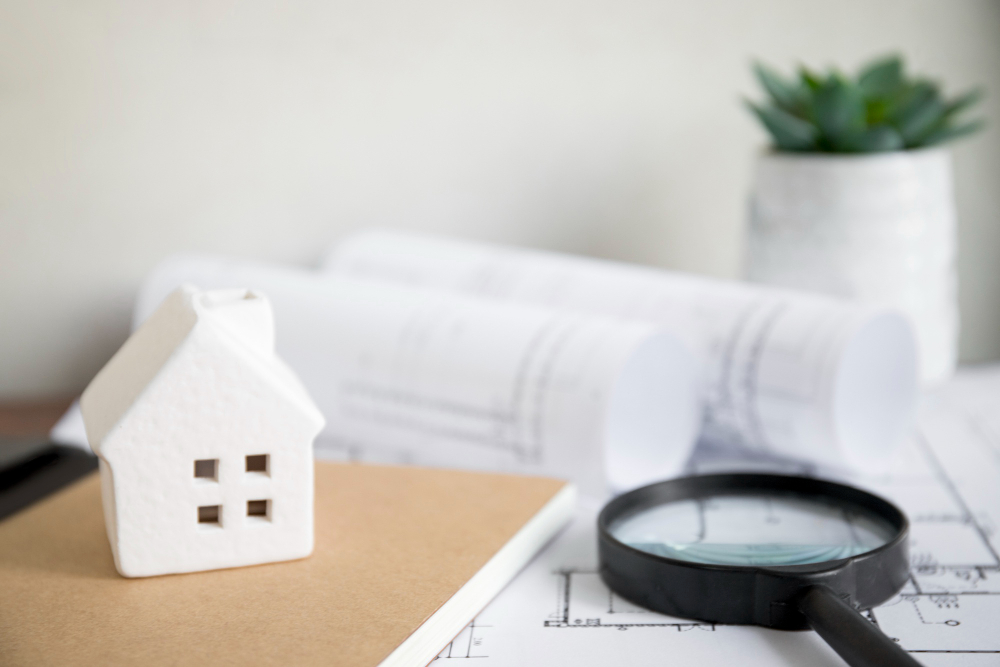
A home inspection is a crucial step when purchasing or selling a property. It helps you identify any potential issues with the property that may affect its value or safety. A home inspection is usually conducted by a professional home inspector who will evaluate the property’s condition and provide a report that outlines any defects or necessary repairs. In this article, we’ll cover the ultimate guide to home inspection, including what to look for and what to avoid.
What does Home Inspection mean?
A home inspection is an evaluation of a property’s condition. It is usually conducted by a professional home inspector with the necessary training and experience to identify potential issues with the property. During the process of home inspection, the inspector will evaluate the property’s structure, electrical and plumbing systems, HVAC, roofing, insulation, and other features.
Why is Home Inspection Important?
A home inspection is essential because it helps you identify any potential property issues before you purchase. Then, if there are any defects or necessary repairs, you can negotiate with the seller to have them fixed or lower the purchase price. A home inspection can also help you avoid unexpected repairs and expenses after you move in.
What to Look for During a Home Inspection?
During a home inspection, there are several areas that you should pay close attention to. Here are some of the most important things to look for:
What to Avoid During a Home Inspection?
There are also several things that you should avoid during a home inspection. However, here are some of the most important things to keep in mind:
A home inspection is a vital step when purchasing or selling a property. It can help you identify potential issues with the property and avoid unexpected repairs and expenses. In addition, by keeping these tips in mind, you can ensure that you conduct a thorough and effective home inspection. This will ensure you make an informed decision when purchasing or selling a property and ultimately save you time and money in the long run.
Enter your email address and we will send you a link to change your password.